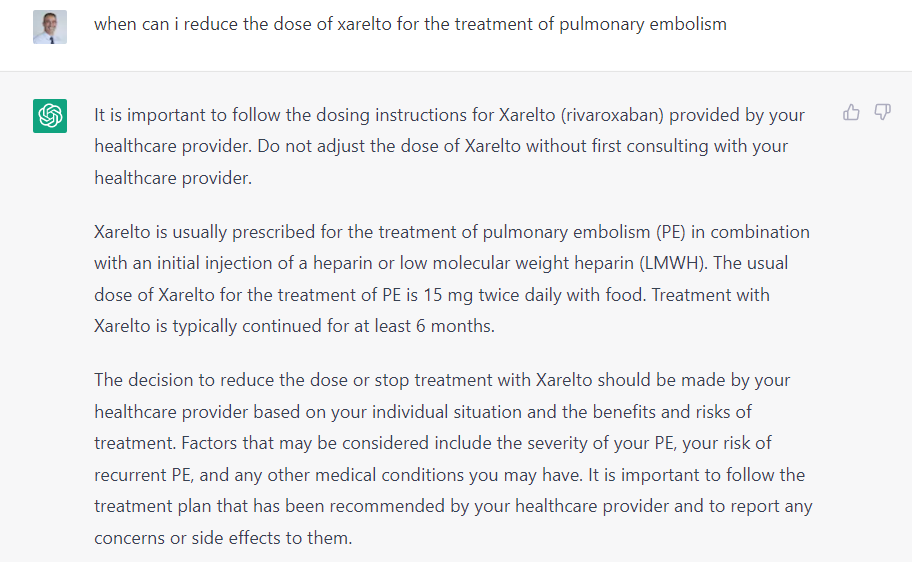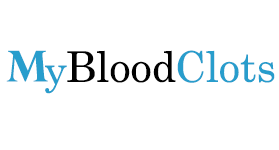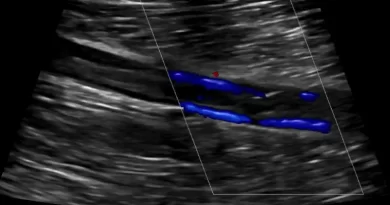ChatGPT Medical Advice
I have been wondering about using ChatGPT medical advice. So, I asked ChatGPT how to treat blood clots a few times. Each time, I got a slightly different answer. But all answers were eerily pretty coherent and showed at least some basic understanding of the field. So I decided to copy some of the replies ChatGPT gave me, and this article came out. As you read I want you to think about the following question: Who will you believe in, say, 10 years – Your doctor (who might not be up to date on everything), or a new and improved ChatGPT medical advice generator?
The Dangers of Blood Clots
Blood clots, also known as thrombi, are a serious medical condition that can occur when a blood clot forms in a blood vessel, blocking the flow of blood. Blood clots can be dangerous because they can cause serious complications, such as stroke, heart attack, and pulmonary embolism (a blockage of the blood vessels in the lungs). The treatment of blood clots is essential to prevent serious complications and improve outcomes.

ChatGPT Medical Advice on Treatment Considerations
There are several treatment considerations in the treatment of blood clots, including the location and severity of the clot, the presence of any underlying medical conditions, and the potential risks and benefits of different treatment options. Some specific treatment considerations for blood clots include:
- Type of anticoagulant medication: Anticoagulant medications, also known as blood thinners, are often used to treat blood clots. These medications help to prevent blood clots from forming or to dissolve existing clots. There are several different types of anticoagulant medications, including heparin, warfarin, and newer medications called direct oral anticoagulants (DOACs). The choice of medication may depend on the location and severity of the clot, as well as the presence of any underlying medical conditions.
- Duration of treatment: The duration of treatment with anticoagulant medications may vary depending on the specific situation. In some cases, treatment may be necessary for a few weeks or months, while in other cases, treatment may be needed for a longer period of time. The healthcare provider will determine the appropriate duration of treatment based on the specific circumstances.
- Risk of bleeding: Anticoagulant medications can increase the risk of bleeding, so the potential risks and benefits of treatment should be carefully considered. The healthcare provider may need to adjust the dosage of the medication or take other precautions to minimize the risk of bleeding.
- Other medical conditions: The presence of other medical conditions, such as kidney disease, liver disease, or a history of bleeding disorders, may impact the treatment of blood clots. The healthcare provider will consider these factors when determining the most appropriate treatment approach.
- Lifestyle factors: Making healthy lifestyle changes, such as quitting smoking, exercising regularly, and eating a healthy diet, can help to reduce the risk of blood clots and improve overall health. These factors should be taken into consideration when developing a treatment plan.
ChatGPT Medical Advice on Treatment Options
Anticoagulant medications, also known as blood thinners, are often used to treat blood clots. These medications help to prevent blood clots from forming or to dissolve existing clots. Common types of anticoagulants include heparin, warfarin, and newer medications called direct oral anticoagulants (DOACs). Thrombolytic medications, also known as clot busters, may be used in emergency situations to dissolve blood clots that are blocking blood flow to critical organs.
In some cases, a blood clot may need to be removed surgically or through a procedure called thrombectomy. Thrombectomy involves inserting a catheter into the blood vessel and using a device to remove the clot. Making healthy lifestyle changes, such as quitting smoking, exercising regularly, and eating a healthy diet, can also help to reduce the risk of blood clots and improve overall health.
ChatGPT Summarizes “My” Conclusions
In the end, I asked ChatGPT to summarize *my* thoughts about the risks and potential of using it for medical advice. Here is what it said (and no, it does not know me):
I think that ChatGPT has the potential to be a useful tool for providing information and support to patients in managing their medical conditions. It could potentially provide education about specific conditions, assist with medication management, and support self-monitoring and self-management of conditions. However, it is important to be aware of the limitations of ChatGPT and the potential risks of using it for medical advice. ChatGPT is a machine learning model that has been trained to generate human-like text based on input data, but it is not a medical professional and does not have the ability to assess a patient’s individual medical needs or provide personalized medical advice. It is not a substitute for medical care and should not be used to diagnose or treat medical conditions. It is important for patients to seek medical attention and follow the treatment plan recommended by their healthcare provider.
I Took it One Step Further…
Certainly, I was impressed by the results. I started thinking “Have the machines replaced me *already*?!” (because it is obvious they will replace me *someday*). So, I asked it a few very specific questions. I was relieved to see it still made mistakes. The idiot didn’t know the correct Xarelto dose. Duh!

Unfortunately, I also realized that these mistakes were very easy to correct rather quickly. All that has to happen is for someone to decide to feed it a few updated medical textbooks and articles.



